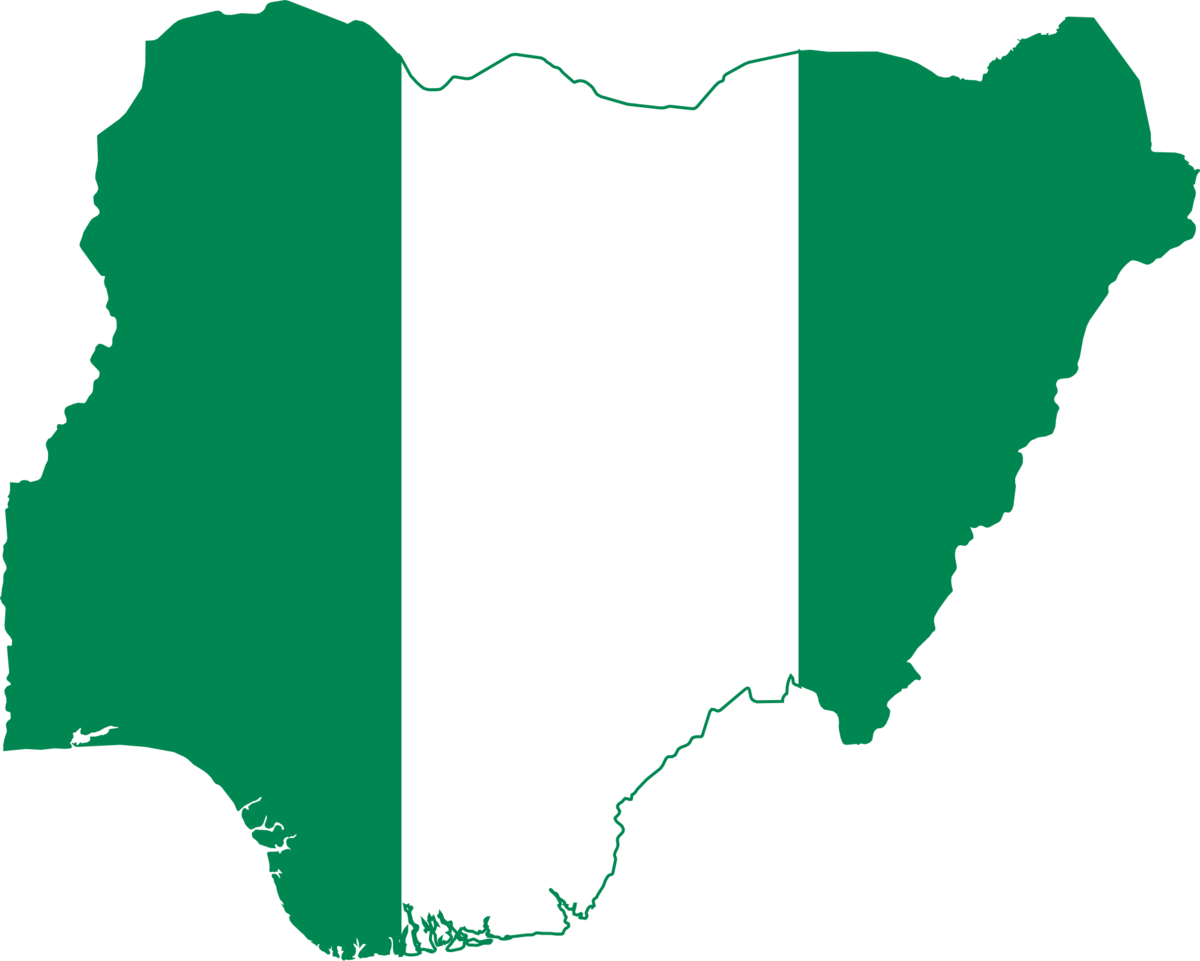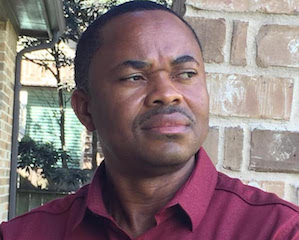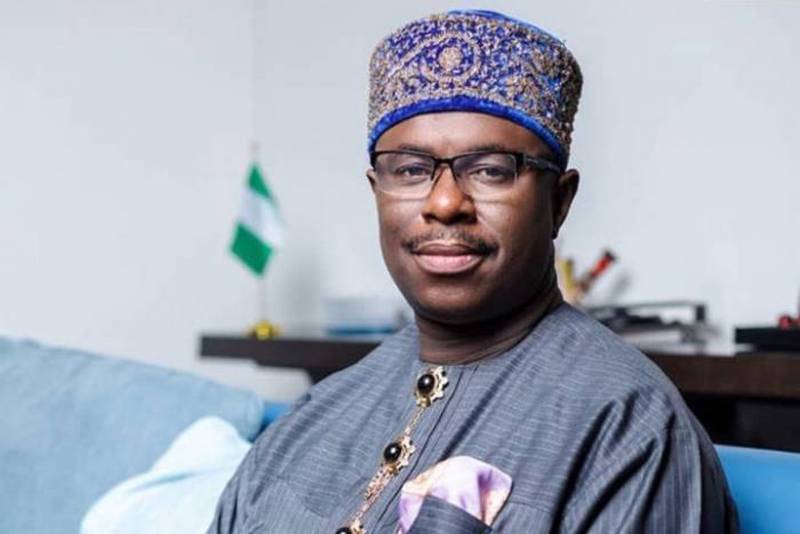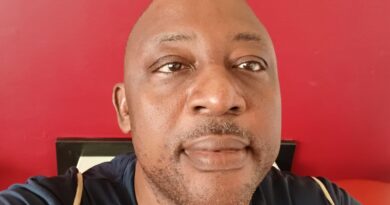2023: The need for rotational presidency in Nigeria
By Ikenna Asomba
“There can be no justice without peace, and there can be no peace without justice.” — Reverend Dr. Martin Luther King Jr., chanted this statement outside a California prison, which was holding Vietnam War protesters on December 14, 1967.
Today’s torrent of cries of marginalization, mutual suspicions within Nigeria’s body-politic have existed as far back as pre-Independence on October 1, 1960.
For instance, sometime in 1948, Nigeria’s First Republic Prime Minister, Alhaji Tafawa Balewa, while speaking on Nigeria’s unity had argued: “Since 1914, Britain has been trying to make Nigeria into one country, but the people themselves are historically different in their backgrounds, religious beliefs, customs and don’t show themselves any sign of willingness to unite. Nigerian unity is only a British intention.”
Similarly, Nigeria’s First Republic Ceremonial President, Dr. Nnamdi Azikiwe and Northern Region Premier, Sir Ahmadu Bello, in the 1960s, had the following media conversation.
Azikiwe: “Let’s forget our differences…”
Ahmadu Bello: “No, let’s understand our differences. I’m a Muslim and a Northernern. You’re a Christian, an Easternern. By understanding our differences, we can build unity in our country.”
For today’s ruling political elites and pretenders of “One Nigeria,” without Justice, Equity and Fairness, be properly guided that the hydra-headed, age-long issues of Rotational Leadership led to the establishment of today’s six geo-political zones in Nigeria.
At the constitutional conference inaugurated by former Head of State, Gen. Sanni Abacha on June 27, 1994 and chaired by Justice Adolphus Karibi-Whyte, Second Republic Vice President Alex Ekwueme had sold the idea of six geo-political zones to members of Constitutional Conference.
Despite its initial rejection, Gen. Abacha would later make an announcement in 1995, dividing Nigeria into six geo-political zones, which exists till date:
– South West- South East- South South- North West- North East- North Central.
Howbeit, in the thinking of the ruling political elites at the time, dividing Nigeria into six geo-political zones would entrench Justice, Equity & Fairness in the distribution of political power, economic resources, among others.
At the time, it was viewed that doing so would gift Nigeria and Nigerians Palpable Peace, National Unity, Cohesion and Inclusiveness.
At that Abacha’s Constitutional Conference, Mkpoko Igbo; Councils of Obas of Lagos, Ogun, Oyo, Osun & Ondo States of Nigeria,’ et al, had in their memoranda, proposed that Political Power rotates among the six geo-political zones.
In what Chief Olabode George, ex-Military Governor of Ondo State and former Chairman of Nigerian Ports Authority (NPA), described as “Democracy based on turn by turn Nigeria Limited.”
Meanwhile, before his demise on June 8, 1998, the Abacha regime made key decisions out of the recommendations of the Constitutional Conference.
3 Key Government Decisions Of The Constitutional Conference:
1. Offices of the President, Vice President, Prime Minister, Deputy Prime Minister, Senate President and House Speaker should be rotated among the 6 geo-political zones. The Independent National Electoral Commission (INEC) will determine how?
2. The Power Sharing arrangement at the Federal level shall be entrenched in Nigeria’s 1998/1999 Constitution.
3. The Power Sharing arrangement shall be applicable for an experimental period of 30 (thirty) years.
Before government made its decision, the conference prescribed a single term of five years for the President, arguing that this would encourage each zone to be patient and wait for its turn.
Former President Goodluck Jonathan made same suggestion while in office, but was brutally vilified.
Me thinks, had Nigeria implemented the above recommendations on return to civil rule in 1999, by 2029, all six geo-political zones would have produced Nigeria’s President, including Vice President, Senate President and House Speaker.
Today’s bad blood arising from whose turn it is to produce the President would have been lessoned.
That said, ahead of #NigeriaDecides2023, it must be reiterated to those who feign ignorance or are politically correct about the prevalent socio-political circumstances in Nigeria, that the North/South dichotomy is real. It’s existed even dating back pre-Independence.
Nigeria’s ruling political elites from the Independence Era, until this present day had only managed our differences via jaw-jaws, constitutional conferences, political compromises, horse-tradings, consultations, meetings, et al.
Ahead of #NigeriaDecides2023, after 8 years of the President Muhammadu Buhari’s Northern Presidency by May 29, 2023, one expects the Atiku Abubakars of this world, the Bukola Sarakis, the Aminu Tambuwals, and other Northern politicians from across Nigeria’s major political parties, to give Reason a chance.
Considering Nigeria’s multi-ethnic, multi-cultural and multi-religious colourations, one expects the Northern Political Machine, et al, to throw their weight behind an experienced reformer from the Southern region (South East in particular), from within the ruling All Progressives Congress (APC) and/or the main opposition Peoples Democratic Party (PDP).
I, reiterate, ahead of #NigeriaDecides2023, for palpable peace, justice and equity, all Nigerians should throw their weight behind an experienced reformer from the South East, not philosophes acquainted with man only as they see him in their books and not in the world, nor scoundrels of wicked principles and desperate fortunes, hoping to pillage something in the wreck of their country.
Ikenna Asomba is a Journalist and student of Compound Republicanism, he writes from Charleston Illinois, United States.




